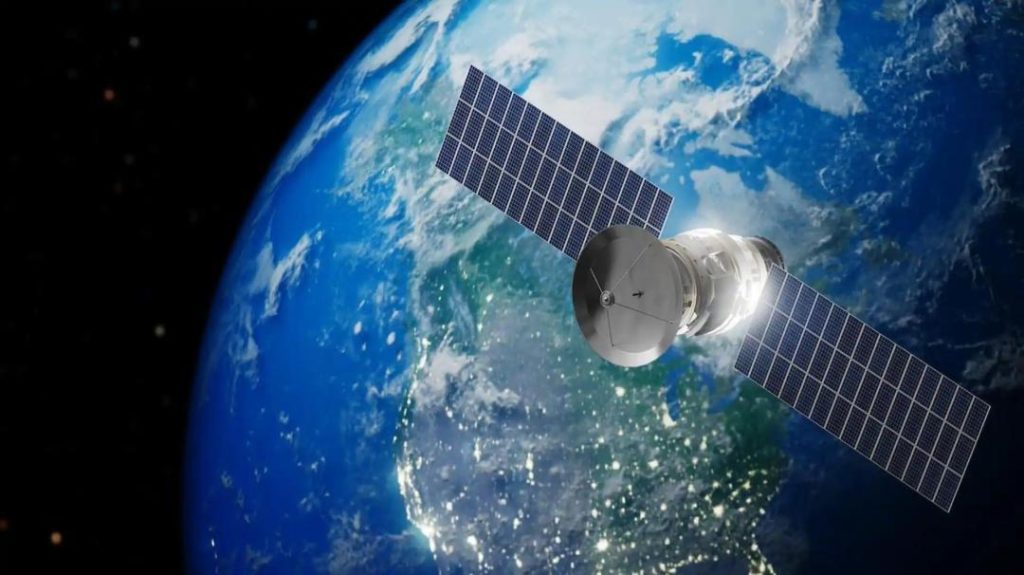
What are Space Pirates & How Can Satellites be Secured from Them?
In recent years, the concept of space piracy has gained significant attention, with experts warning that the increasing number of man-made satellites in orbit poses a significant threat to national security and economic interests. Space pirates are individuals or groups that attempt to attack satellites either virtually or physically using various methods. The threat is no longer limited to traditional pirates operating on the high seas, but has evolved to affect the vast expanse of space.
As the number of satellites in orbit continues to grow, so does the risk of space piracy. Satellites play a crucial role in our daily lives, providing essential services such as communication, navigation, and weather forecasting. The loss of a single satellite can have significant consequences, disrupting vital infrastructure and causing financial losses. Therefore, it is imperative for countries and companies owning satellites to build multi-layered security systems incorporating ground-to-space operations to protect their valuable assets.
What is Space Piracy?
Space piracy is a relatively new phenomenon, but it is gaining momentum rapidly. It involves the unauthorized access, control, or destruction of satellites, either physically or virtually. Space pirates can use a range of methods to attack satellites, including:
- Jamming: Interfering with satellite signals to disrupt communication and navigation services.
- Cyber Attacks: Hacking into satellite systems to steal data or disrupt operations.
- Physical Attacks: Damaging or destroying satellites using missiles, lasers, or other weapons.
- Espionage: Stealing sensitive information from satellites, such as military communications or classified data.
Why are Satellites Vulnerable to Space Piracy?
Satellites are vulnerable to space piracy due to their remote location and the lack of effective security measures. Many satellites are launched without adequate security measures in place, leaving them exposed to attacks. Additionally, the increasing number of satellites in orbit has created a “Wild West” environment, where the lack of regulation and oversight allows space pirates to operate with relative impunity.
How Can Satellites be Secured from Space Pirates?
Securing satellites from space pirates requires a multi-layered approach that incorporates ground-to-space operations. Here are some strategies that can be employed to protect satellites:
- Implement robust cybersecurity measures: Satellites must be equipped with state-of-the-art cybersecurity systems that can detect and respond to cyber attacks.
- Use encryption: Encrypting satellite data can prevent unauthorized access and keep sensitive information secure.
- Implement signal jamming detection: Satellites must be equipped with signal jamming detection systems to identify and respond to jamming attacks.
- Use physical security measures: Satellites can be equipped with physical security measures such as anti-tamper devices and armor plating to protect against physical attacks.
- Establish a rapid response system: Countries and companies owning satellites must establish a rapid response system that can quickly respond to physical acts of piracy.
The Need for Quick Space Travel
According to experts, methods of quick space travel must be devised to ensure rapid response to physical acts of piracy. This requires a significant investment in space technology and infrastructure, including the development of faster-than-light spacecraft that can quickly respond to threats.
Conclusion
Space piracy is a growing concern that requires immediate attention. As the number of satellites in orbit continues to grow, so does the risk of space piracy. Countries and companies owning satellites must build multi-layered security systems incorporating ground-to-space operations to protect their valuable assets. The development of quick space travel and rapid response systems is also crucial in preventing and responding to physical acts of piracy.
News Source:






